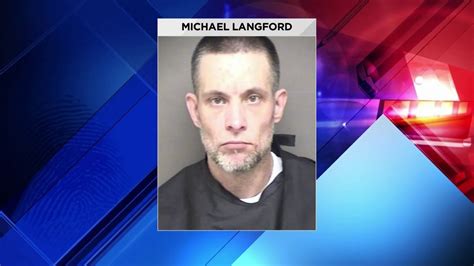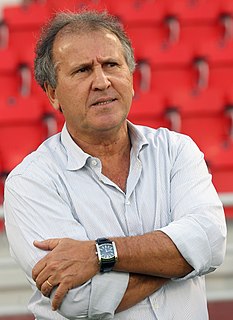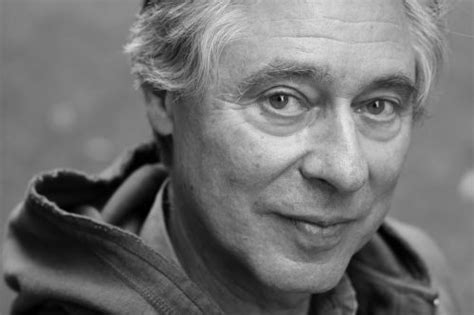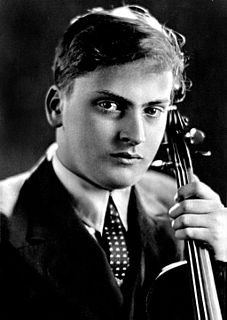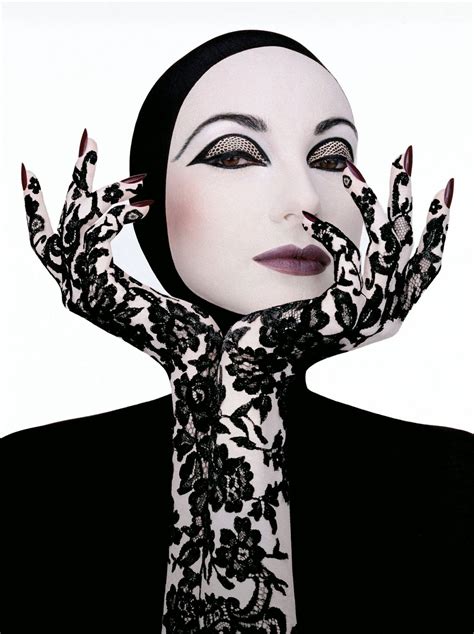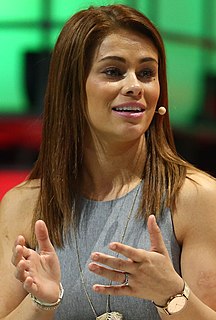A Quote by Michael Langford
As an amateur, you may envy the professional, wishing you could combine business with pleasure into a kind of full-time hobby, using professional equipment and facilities. However, the professional knows that much of the hidden advantage of being amateur is the freedom you have to shoot what and when you like.
Related Quotes
The difference between an amateur and a professional photographer is that the amateur thinks the camera does the work. And they treat the camera with a certain amount of reverence. It is all about the kind of lens you choose, the kind of film stock you use… exactly the sort of perfection of the camera. Whereas, the professional the real professional – treats the camera with unutterable disdain. They pick up the camera and sling it aside. Because they know it’s the eye and the brain that count, not the mechanism that gets between them and the subject that counts.
Usually the amateur is defined as an immature state of the artist: someone who cannot — or will not — achieve the mastery of a profession. But in the field of photographic practice, it is the amateur, on the contrary, who is the assumption of the professional: for it is he who stands closer to the (i)noeme(i) of Photography.
After I won my first amateur fight, I figured I would do fighting on the side while I was going to school. I got an offer after that amateur fight to take a professional fight. The opponent kind of wanted to have an easy win for her pro debt, and they said they'd pay me $1,500. I was like, 'Yeah, might as well get paid for what I was doing.'
